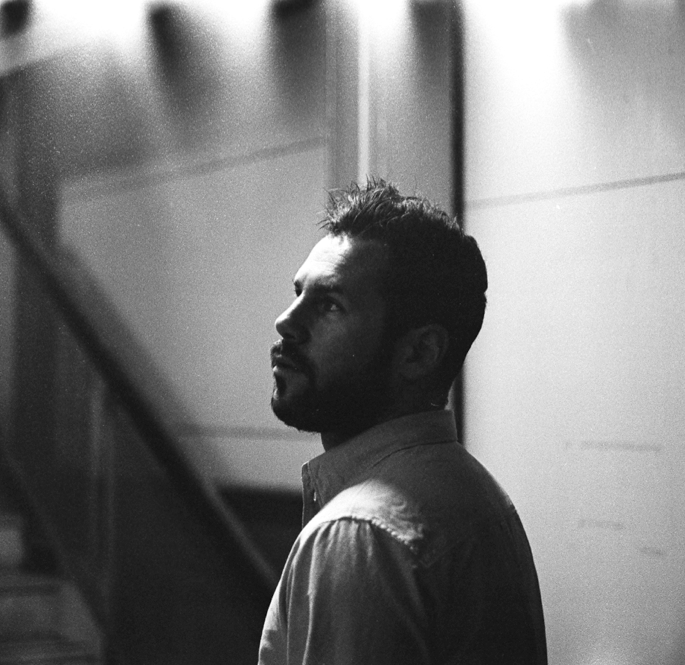Tim Jarvis

Who are you, and what do you do?
I’m a graphic designer. I’ve recently switched all my efforts from Creative Director at Profission to becoming CEO of Fabrik, which is a brand new portfolio builder and showcasing platform for creatives.
Where were you when the idea for Fabrik came to you?
When I first started down this route it was a culmination of two things – as creative director of a small agency I’d recently parted ways with my business partner, and wasn’t happy with the work I was doing just to keep my head above water. Secondly, there was a growing frustration with creatives around me not being able to find a good way of getting their work out into the world. My closest friends create amazing content, and it seemed a much better idea to put my skills and resources into finding ways to help them show it off.
In 2014, whilst at Profission, I started conceptualizing a platform called Dogma with my colleague Phil, which was designed to provide creatives with a platform to present long-form case studies of their work – to really showcase the process of producing creative work as well as the results. I shut the agency side of Profission down to all but a couple of existing clients to keep enough cashflow coming in to keep us afloat, while we worked on putting the platform together.
At the same time some friends of mine were working on a portfolio platform for filmmakers called Fabrik, but (as commercials directors) they were getting pretty successful, and the platform was something that they couldn’t give enough attention to. So we all sat down one evening and worked out a way to put our two projects together. That earlier iteration of Fabrik already had users and was built on solid foundations, so we decided to take the ideas we had for Dogma and combine our efforts into taking Fabrik forward. We started working on Fabrik in April 2014, and in December 2014 Fabrik became a full-time project for the team we have now.
Tell us a bit about your team and company culture?
We’re three co-founders; two developers (Phil and Ben) and one designer (me). Ben and Phil have known each other for years, and I worked with Phil for five yeas before we put our efforts into Fabrik, so we’ve all got some history together. I guess in a small startup like this our company culture comes down to mutual responsibility – individually we have to try as hard as we can for the other two, and that is really what drives us forward.
We each have different ways of approaching our tasks. I think this comes from the different ways we look at the platform. But we’re all very much working towards the same goals, short-term and long-term, and I think that’s a pretty positive way of doing it. We often play devil’s advocate to each other’s ideas, but through that we’re vetting the roadmap and each arguing our case forward at each step.
While we’re this small, pretty much nothing goes ahead without everyone knowing about it. As a company we’re data-focussed. We try to understand exactly what our users are trying to achieve with Fabrik; where they’re getting stuck, where the tasks they’re trying to achieve are getting interrupted, and we try to design those out as we go. In that way having a sort of birds-eye view of our platform is really useful. Seeing how Fabrik looks in terms of metrics also helps us to stay positive and helps us push forward with huge workloads when the task lists can seem unsurmountable at times. We can see how improvements we’re making are helping our conversion and growth rates, we can see that this month everything is slightly better than it was last month, and that’s what keeps us going.
How do you craft your identity?
We started Fabrik because our friends couldn’t get the results they wanted out of other platforms they were trying to work with, and we know our users very well. Now that Fabrik exists, we still have a lot of work to do in making it as perfect as we possibly can, and our proximity to our industry helps that happen. Creatives are deeply-linked and we encourage dialogue with them as often as we can. We showcase and support our users wherever we can, and in turn they show us where we need to focus our efforts on making Fabrik better.
So, we build our whole brand around that. Enable, support, showcase. We’re doing that by building simple tools that make a big impact. I hope our identity communicates that we’re passionate and serious about what we’re doing, and that Fabrik can only succeed if we’re working together with our users.
What motivates you?
Blind dogmatism for the most part. Startups aren’t an easy career choice. If I stopped to think about why I’m doing this too much I’d probably frighten myself out of sleeping at night. When I wake up in the morning, over breakfast I check the new portfolios that have been created on Fabrik over the last day. As I’m going through them I can see the amazing stuff that our users have created, and that’s motivation enough.
What skill / quality do you value the most?
Listening and making informed decisions. To let your colleagues really finish telling you what they think about your ideas, because often it’s not a great thing to hear. As a designer and creative director I’m used to following my gut and here at Fabrik I have to do that with the huge caveat of having every decision and suggestion verified against hard, measurable data. But the results are worth it.
What is the greatest risk you’ve taken? What was your process in making your decision?
For the last 15 years I’ve worked for myself, whether that’s been agency or startup, but either way you learn to mitigate risk by failing fast, and not taking failure personally. Most of my friends (creative or otherwise) are doing their own thing and that’s very encouraging for me.
What do you do in your free-time to decompress?
The usual binge-watching Netflix and lazy Saturday and Sunday mornings with my girlfriend, healthy stuff like that, and Muay Thai. I’ve trained for years and I find it truly calming and revitalising, kinda like how that person looks at the end of an ad for green tea.
What is something you’ve had to learn on your own that you’d like to pass onto the next Creative?
You have to love what you do, not who you do it for. If you can’t get out of bed in the morning because you hate your work then change it. If you can’t get to sleep at night because you can’t switch your work brain off, learn to be comfortable with that, and write everything down in a notebook.
What forms of media have influenced you the most?
I studied Product Design at uni, and most of my influences came from the sci-fi novels of Gibson, Dick, Stephenson, Sterling, Ellison – writers who were mashing up technology and the human condition in worlds that were just a little bit out of reach. I majored in ergonomics and the man-machine interface right at the time the internet was really becoming more than grey pages with blue links on them. It all fitted pretty well together.
These days the internet plays a huge part in my influence though, and I spend time curating through Pinterest, Tumblr and Behance to see what’s going on.
What hardware / software do you use?
I run on a MacBook Pro with a Thunderbolt display. Software-wise the entire file infrastructure for both my companies lives inside Dropbox, which makes my workflow entirely mobile. I have an identical desk setup at my office and at home so I can carry on; I find it helps to keep my productive environment as familiar and simple as possible. Slack, Photoshop, Illustrator, InDesign, Evernote and Trello are pretty much always open.
What would be your dream creative setup?
I’m seriously considering a month-long sprint with my two Fabrik co-founders in Mexico later on this year. A year or so ago I spent a couple of weeks at a massive seafront palapa with friends just outside Sayulita, and I don’t know what could be a healthier and more rewarding way to get stuff done.
Why Vimeo users choose Fabrik from Fabrik on Vimeo.

